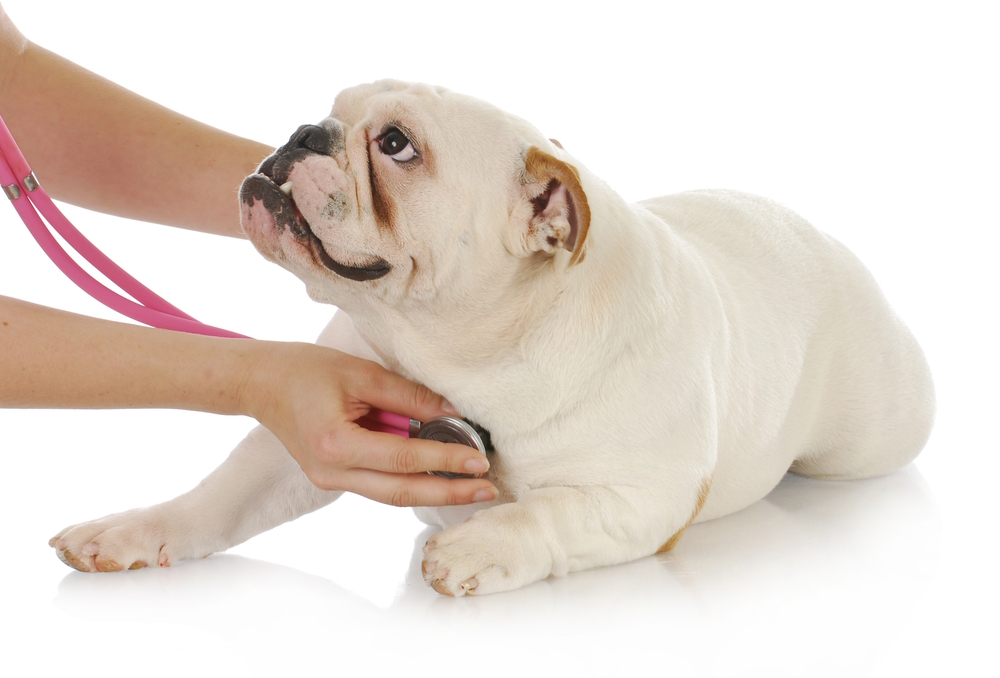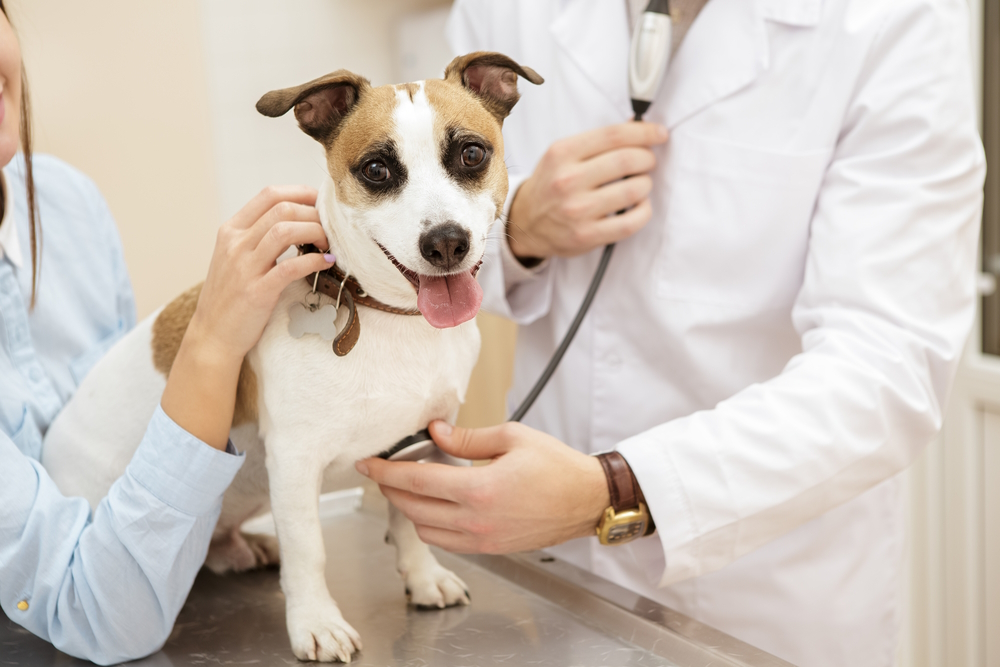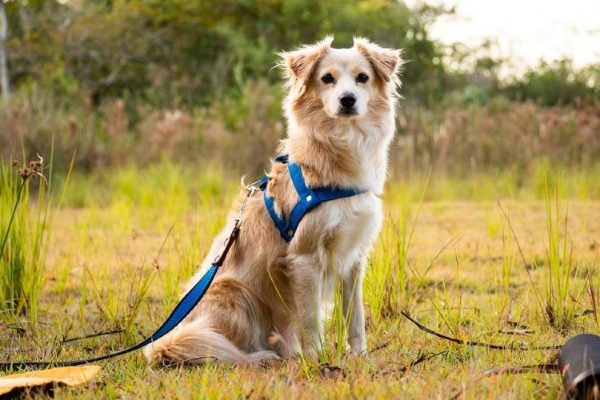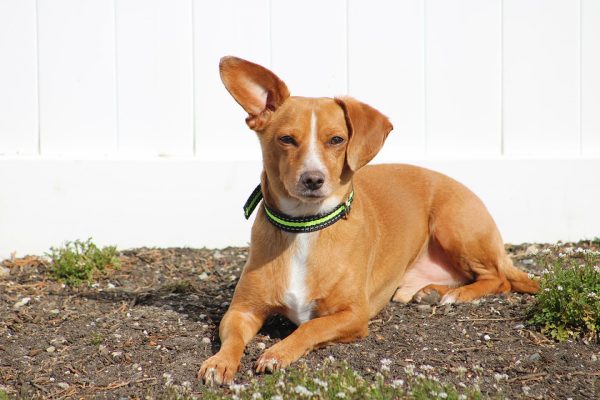Dogs have so much unconditional love and loyalty to give, that it would only make sense that they must have more than one heart. However, our canine companions only have one heart, just like we do.
A dog’s heart is part of their cardiovascular system which keeps them alive by pumping blood throughout their bodies. Their heart has many similarities to humans, both in appearance and functioning. Although dogs only have one heart, their heart consists of several chambers with different functions.
This article will explore more facts about a dog’s heart and anatomy.

Dog Heart Anatomy 101
Dogs only have one heart located in their chest and are part of a single cardiovascular system. Their heart is oval to cone shaped, tapering towards the apex, and consists of four chambers: two atria and two ventricles. The two atria are the smaller chambers that receive blood from the dog’s body or lungs, whereas the two larger ventricles pump the oxygenated and deoxygenated blood to the body and lungs respectively.
Attached to a dog’s heart is a range of blood vessels, such as arteries and veins that form part of the cardiovascular system, which branch throughout the body into tiny vessels known as capillaries.

Where Is a Dog’s Heart Located?
A dog’s heart is located in the chest cavity between the lungs, but more towards the left side. To find their heart, you can lay your dog’s body on the right side and bend their front left leg. The part where their elbow touches their chest is usually where their heart is situated. You can feel if you have found the right spot by placing the palm of your hand there and feeling for their heartbeat.
If it feels as if you can feel your dog’s heart beating throughout different parts of their body, you have probably found their pulse. A dog’s pulse can be felt over the femoral artery along the inner part of their upper thighs. This is the easiest pulse to feel but they also have other palpable pulses in their feet and underside of the tail. Use your index and middle fingers when locating the pulse rather than your thumb, as your thumb has a pulse of its own.
Feeling your dog’s pulse can help you determine their heart rate, which is the number of times their heart beats per minute. Dogs can have different heart rates depending on several factors, such as their size, fitness, and age. The general heart rate for dogs is between 60 to 160 beats per minute (bpm). Puppies usually have the fastest heart rates, whereas larger dog breeds have the slowest. Their heart rate will elevate with stress, excitement, or anxiety.

How Does a Dog’s Heart Work?
There are different parts of a dog’s heart each with a specific function.
- Right atrium
- Right ventricle
- Left atrium
- Left ventricle
- Tricuspid valve
- Aorta
- Aortic valve
- Pulmonary vein
- Pulmonary valve
- Mitral valve
- Papillary muscles
- Coronary vessels
- Pulmonary artery
A dog’s heart works by pumping blood and oxygen to the body with every contraction. The right side of a dog’s heart pumps deoxygenated blood to a dog’s lungs for oxygenation. The oxygenated blood is received by the left side and oxygenated blood is then pumped through the aorta and supplied to the rest of a dog’s body. This oxygenated blood is delivered to a dog’s tissue and organs to keep them functioning.

Conclusion
Dogs have one heart and one cardiovascular system. Their heart is situated in the center of their chest between their lungs and slightly to the left. The heart’s function is to pump blood throughout the body and receive deoxygenated blood to be pumped to the lungs for oxygenation.
You can locate your dog’s heart by laying them on their right side and bending their front leg. Their heart will be by their elbow. However, their heartbeats can be felt in other parts of their body through a pulse.
See Also:
- Heart Disease in Dogs: Common Signs, Causes, & Treatments
- How Many Ribs Do Dogs Have? Vet-Approved Anatomy Facts & Info
Featured Image Credit: Nestor Rizhniak, Shutterstock


















